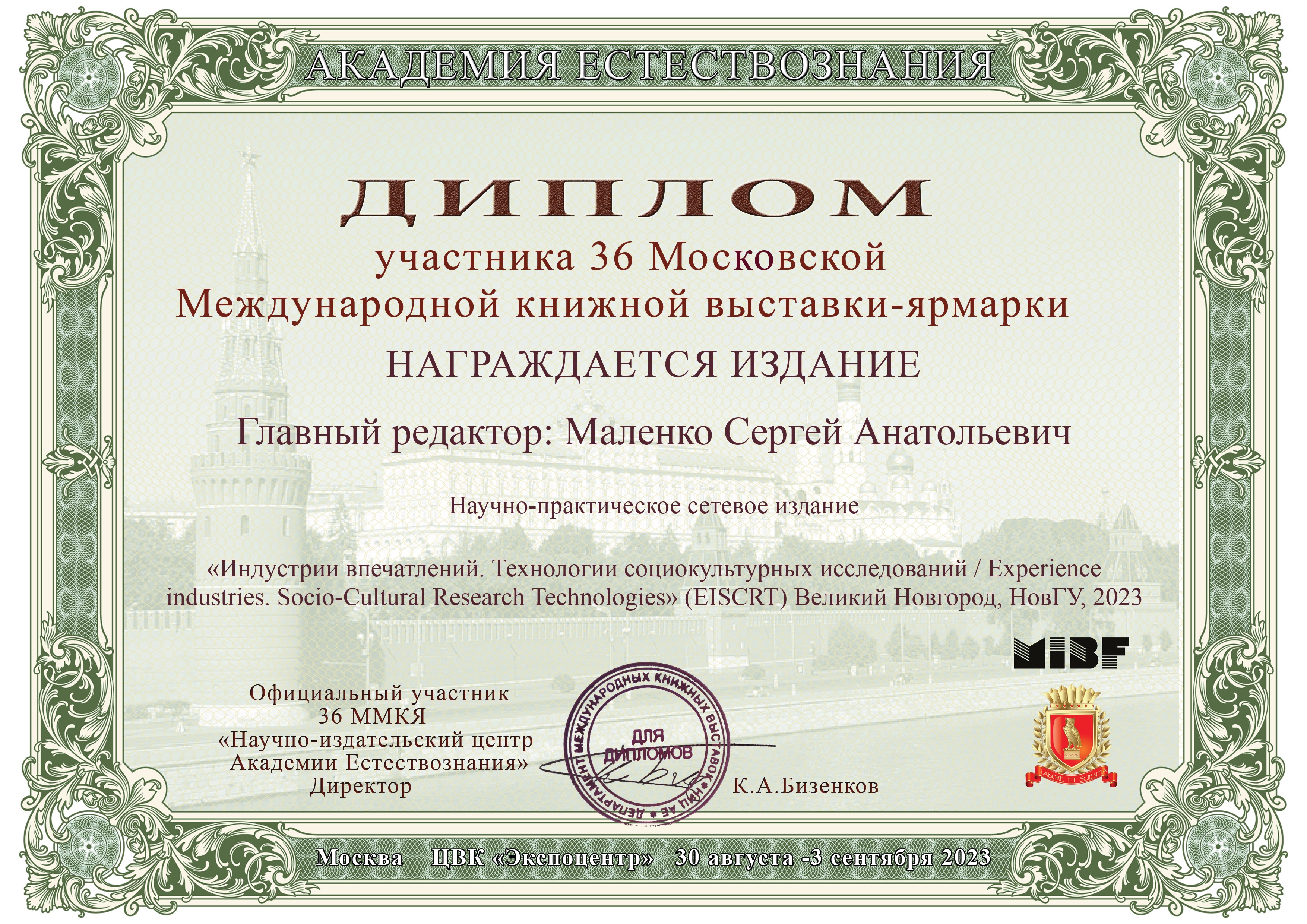SUCCESSFUL PERSON?
DOI:
https://doi.org/10.34680/EISCRT-2023-1(2)-45-67Keywords:
success, anxiety, perfectionism, philosophy of consumption, consumption of impressions, destructive personality tendencies, risk factorsAbstract
The paper examines risk factors for the mental health of a successful student. The purpose of the study is to discover the correlations between personal anxiety and aggressiveness of adolescents studying at prestigious educational institutions. Aggression is seen as behavior while aggressiveness is seen as the state of being ready to exhibit such behavior. The division between adaptive and maladaptive perfectionism is described. Maladaptive perfectionism is examined from the perspective of the philosophy of consumption. The external success of the student may well hide the risks of suicide. Analysis of the psychological characteristics of adolescents at risk for maladaptive perfectionism was carried out using quantitative and qualitative research methods. Maladaptive perfectionism is associated with the philosophy of consumption, the consumption of impressions. According to the results of the research, the markers of maladaptive behavior of a successful student are personal anxiety, maladaptive perfectionism, hostility, and anger. About 20 % of the participants of the study fall into the risk group for anxiety. Objectively, their performance is high, but teenagers often have doubts about their success, demonstrate tendencies for delaying, inability to begin doing something. In this case the anxiety is caused by the fear of not conforming to self-imposed high standards. Self-esteem anxiety is related to the components of Self-Image: intelligence, situation at school, communication, self-confidence. Failure to live up to one's own standards and procrastination are associated with anger. According to the results of qualitative research methods, psychological risks can reach the level of suicidal risks. Psychological markers of anxiety of a successful student are described. It is stated that preventive work at school should be comprehensive and interdisciplinary, focused on the teacher-psychologist tandem.
For citation:
Tarasova, S. Yu. (2023). Successful person? Experience industries. Socio-Cultural Research Technologies (EISCRT), 1 (2), 45-67. (In Russian). https://doi.org/10.34680/EISCRT-2023-1(2)-45-67








